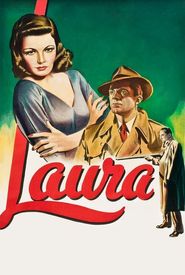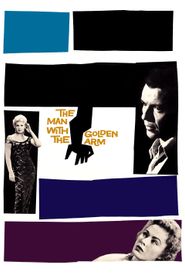Otto Ludwig Preminger was born in Wiznitz, Bukovina, Austria-Hungary, where his father, a respected prosecutor, instilled in him a strong sense of justice and a potential career path in law. However, as he entered his twenties, Preminger's fascination with the theater grew, and he became one of the most imaginative and innovative stage producers and directors of his time.
At the tender age of 24, Preminger was handpicked by the renowned Max Reinhardt to take over his esteemed theatre, where he produced a wide range of plays that showcased his exceptional skill and creativity. This marked the beginning of a lifelong passion for the stage, which would continue to parallel his work in film.
In 1931, Preminger made his debut as a film director, and in 1936, he made the bold decision to leave his native Austria-Hungary and relocate to the United States. His first assignment in the New World was to direct the Broadway production of "Libel," which proved to be a resounding success.
As his reputation grew, Preminger made the transition to Hollywood, where he signed with Fox and became the first independent producer-director. He effortlessly balanced his work between the stage and screen, alternating between the two mediums until the monumental success of "Laura" in 1944 catapulted him to the top tier of Hollywood directors.
For two decades following the release of "Laura," Preminger remained one of the most sought-after and respected directors in the world. However, his creative powers began to wane in the early 1960s, and by the end of the decade, he was considered a director whose best days were behind him. Despite this perceived decline, Preminger continued to direct major motion pictures throughout the 1970s, including the critically panned "Rosebud" in 1975.
His final directorial effort, "The Human Factor," was released in 1979 and received respectful notices from critics. Otto Preminger passed away on April 23, 1986, in New York City, at the age of 80, due to complications from lung cancer and Alzheimer's disease.
























































